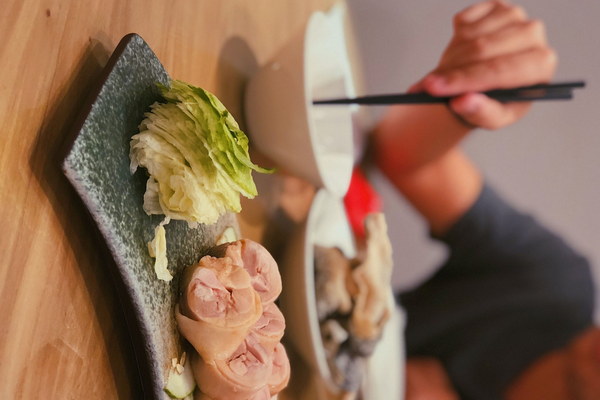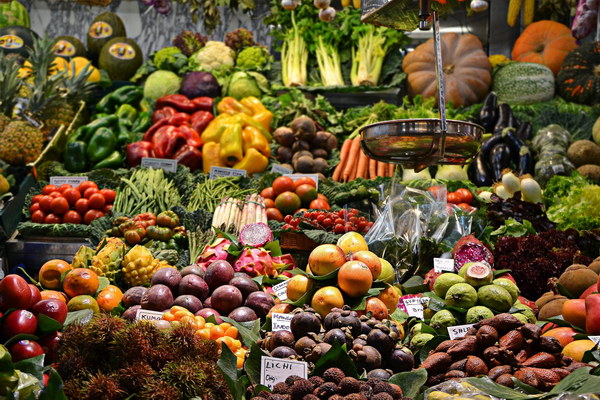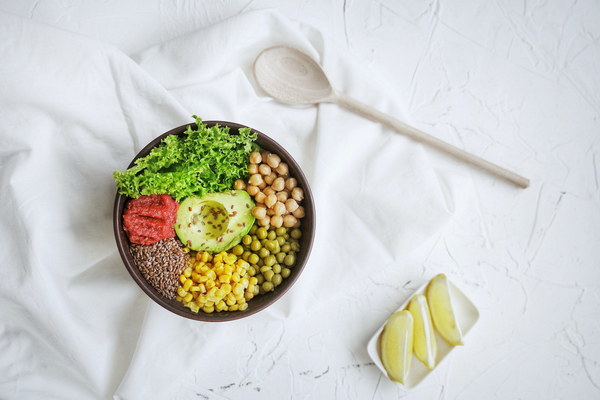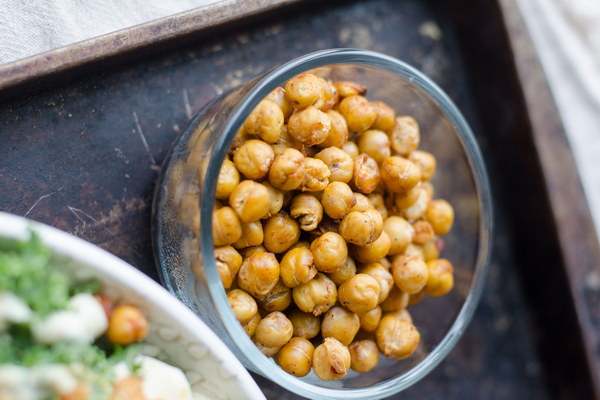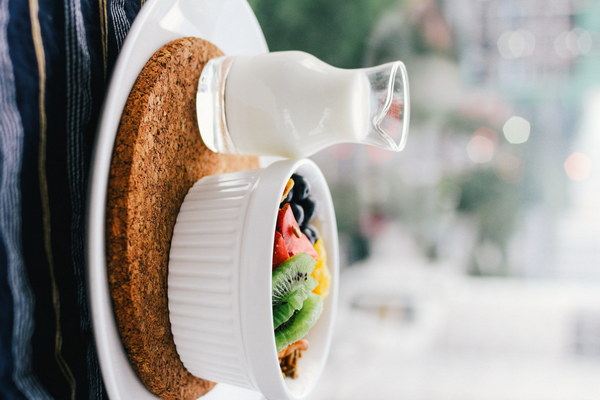Natural Remedies for Bedwetting A Nutritional Approach for 8-Year-Old Girls
Bedwetting, also known as nocturnal enuresis, is a common issue among children, with around 5-7% of 5-year-olds and 1-2% of 15-year-olds experiencing it. While it's usually a temporary condition, it can be quite distressing for both children and parents. In this article, we'll explore some natural remedies and dietary tips that may help an 8-year-old girl reduce the frequency of bedwetting episodes.
1. Increase Fluid Intake
Contrary to common belief, increasing fluid intake can actually help reduce bedwetting. Drinking plenty of water throughout the day helps maintain a healthy bladder and may prevent nighttime accidents. Ensure your daughter drinks plenty of fluids, but avoid drinking large amounts of liquid before bedtime.
2. Limit Caffeine and Sugar
Caffeine and sugar can act as diuretics, which may increase the frequency of bathroom trips. To reduce bedwetting, it's best to limit the consumption of these substances. This includes avoiding sodas, chocolate, and other sugary or caffeinated drinks.
3. Incorporate Nutrient-Rich Foods
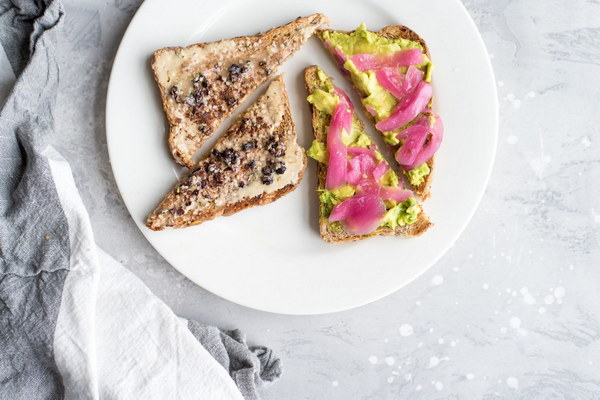
Certain nutrients are essential for maintaining a healthy bladder and reducing bedwetting. Here are some foods to incorporate into your daughter's diet:
a) Vitamin A: Found in sweet potatoes, carrots, and spinach, Vitamin A helps support the bladder's lining and function.
b) Vitamin B6: Foods rich in Vitamin B6, such as chicken, fish, and avocados, can help regulate hormone levels that affect bladder control.
c) Magnesium: Magnesium-rich foods like almonds, cashews, and oatmeal can improve bladder muscle strength and reduce the frequency of bedwetting.
d) Probiotics: Foods containing probiotics, such as yogurt and kefir, can promote a healthy gut microbiome, which may contribute to better bladder function.
4. Avoid Certain Foods
Some foods can exacerbate bedwetting symptoms. It's essential to identify and avoid these trigger foods:
a) Artificial sweeteners: These substances can disrupt the balance of bacteria in the gut, leading to bladder irritation and increased bedwetting.
b) Citrus fruits: High in citric acid, citrus fruits can irritate the bladder and increase the urge to urinate.
c) Tomatoes: Similar to citrus fruits, tomatoes contain citric acid that may cause bladder irritation.
5. Establish a Bedtime Routine
A consistent bedtime routine can help signal to the body that it's time to wind down and stay dry throughout the night. Here are some tips for creating a bedtime routine:
a) Limit screen time: Exposure to screens can stimulate the brain and make it harder for children to fall asleep and stay asleep.
b) Read a book: Reading a book can be a calming activity that helps children relax and prepare for sleep.
c) Relaxation techniques: Teach your daughter relaxation techniques, such as deep breathing or progressive muscle relaxation, to help her relax and stay dry throughout the night.
6. Consult with a Healthcare Professional
If your daughter's bedwetting persists or causes significant distress, it's essential to consult with a healthcare professional. They can provide guidance on other treatment options, such as bedwetting alarms or behavioral therapy.
In conclusion, natural remedies and dietary tips can play a significant role in reducing the frequency of bedwetting in 8-year-old girls. By increasing fluid intake, limiting caffeine and sugar, incorporating nutrient-rich foods, avoiding trigger foods, establishing a bedtime routine, and consulting with a healthcare professional when necessary, you can help your daughter achieve a healthier, more comfortable night's sleep.
